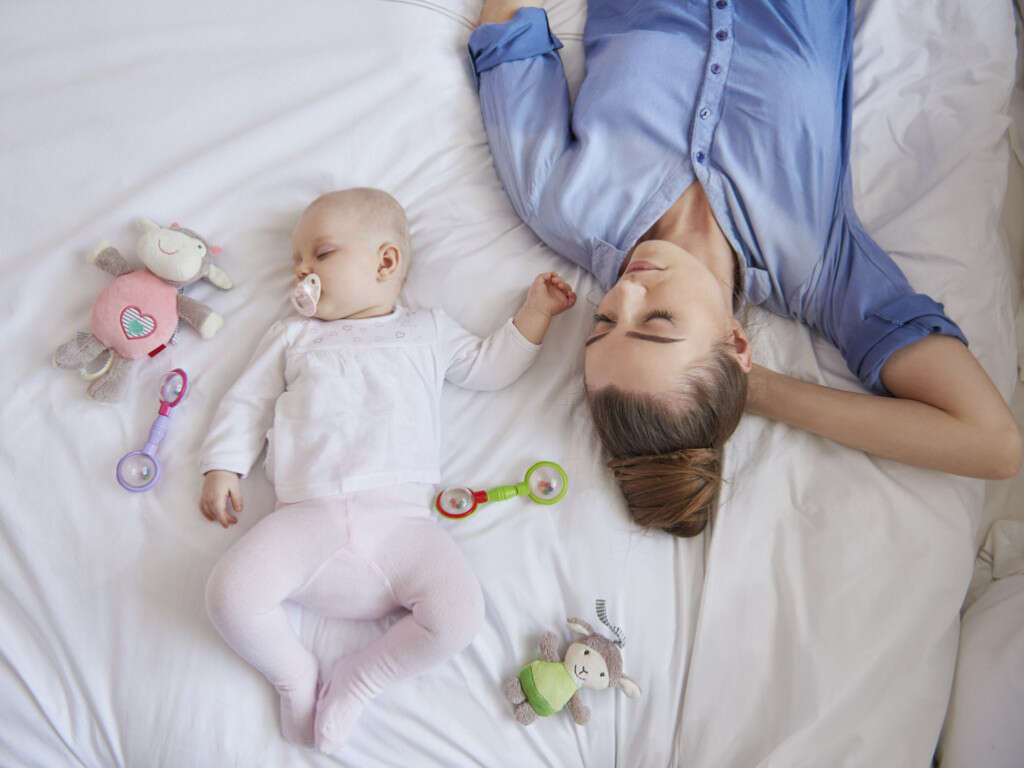What Is Postpartum Psychosis?
2. Risk Factors
Studies and literature have shown that women with a history of prior postpartum psychosis, schizophrenia, family history of postpartum psychosis, and history of bipolar disorder have a higher risk of postpartum psychosis. It has been estimated that about 25% to 50% of women with these factors will develop postpartum psychosis.
Women who had a previous pregnancy resulting in postpartum psychosis have a 30% risk of another episode. For women with no mental illness but have a close relative with postpartum psychosis, the risk is estimated to be about 3%. The risk of postpartum psychosis also increases if there is a family history of prenatal depression, autoimmune thyroid dysfunction, and affective psychosis. About 50% of those with postpartum psychosis had no risk factors.
Advertisement












